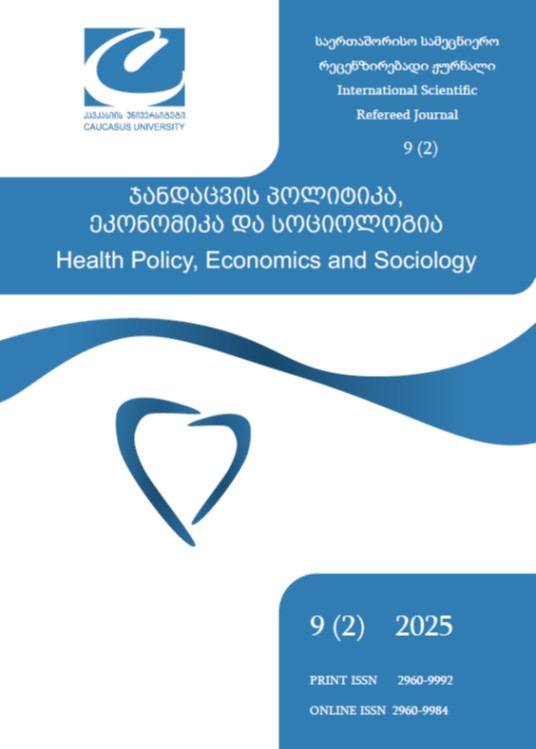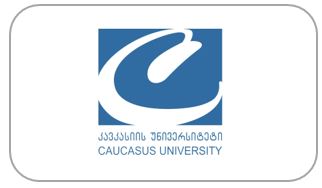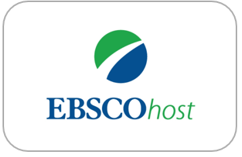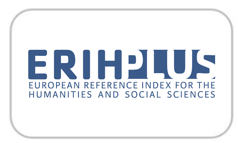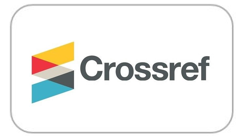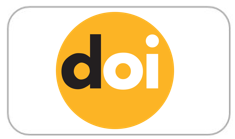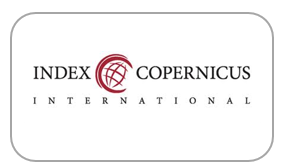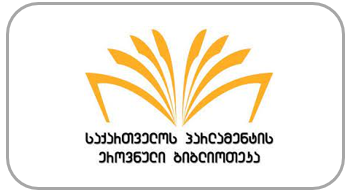თანმიმდევრული ჯანდაცვის კომუნიკაციის მნიშვნელობა ვაქცინაციის პროგრამების წარმატებით განხორციელებისთვის
DOI:
https://doi.org/10.52340/healthecosoc.2025.09.02.13საკვანძო სიტყვები:
ეთიკა, საზოგადოებრივი ჯანმრთელობა, შეთქმულების თეორიები, დეზინფორმაცია, ვაქცინაცია, ჯანდაცვის კომუნიკაციაანოტაცია
შესავალი: ვაქცინაცია არის ერთ-ერთი ყველაზე წარმატებული საზოგადოებრივი ჯანმრთელობის ინტერვენცია, რომელმაც მნიშვნელოვნად შეამცირა ინფექციური დაავადებების ტვირთი. მიუხედავად მისი ეფექტიანობისა, საზოგადოებაში პერიოდულად ჩნდება სკეპტიციზმი და დეზინფორმაცია, რაც ხშირად გამოწვეულია ჯანდაცვის კომუნიკაციის არათანმიმდევრობით. COVID-19-ის პანდემიამ მკაფიოდ აჩვენა, რომ ურთიერთგამომრიცხავი გზავნილები ამცირებს ნდობას და აფერხებს იმუნიზაციის პროგრამების წარმატებით განხორციელებას. კვლევის მიზანია შეაფასოს ჯანდაცვის კომუნიკაციის თანმიმდევრულობის მნიშვნელობა ვაქცინაციის პროგრამების ეფექტიანობისთვის და გააანალიზოს ის ფაქტორები, რომლებიც განსაზღვრავს ნდობასა და კომუნიკაციის სანდოობას. მეთოდები: ნაშრომი ეფუძნება თვისებრივ კვლევას და 2015–2025 წლების შუალედში გამოქვეყნებული საერთაშორისო ორგანიზაციების (WHO, UNICEF, OECD, Gavi) ანგარიშებისა და სამეცნიერო ლიტერატურის სისტემურ მიმოხილვას. შერჩევის კრიტერიუმებია თანამედროვეობა, რელევანტურობა და სამეცნიერო ავტორიტეტულობა. შედეგები: ლიტერატურის ანალიზმა აჩვენა, რომ თანმიმდევრული, მტკიცებულებებზე დაფუძნებული კომუნიკაცია ზრდის ნდობას, ამცირებს დეზინფორმაციის გავლენას და ხელს უწყობს ვაქცინაციისადმი საზოგადოებრივი თანხმობის ჩამოყალიბებას. კვლევები ცხადყოფს, რომ კოორდინირებული კომუნიკაციური სტრატეგიები მნიშვნელოვნად ზრდის იმუნიზაციის მოცვას და ეფექტიანობას. დასკვნა: ჯანდაცვის კომუნიკაციის თანმიმდევრულობა არა მხოლოდ ტექნიკური, არამედ ეთიკური და მორალური ვალდებულებაა. საზოგადოების წევრებს უნდა ჰქონდეთ წვდომა ერთგვაროვან და სანდო ინფორმაციაზე, რაც უზრუნველყოფს ინფორმირებულ არჩევანსა და სამართლიანობას. შესაბამისად, თანმიმდევრული კომუნიკაცია უნდა აღიქმებოდეს როგორც გლობალური საზოგადოებრივი ჯანმრთელობის სტრატეგიული ინვესტიცია, რომელიც უზრუნველყოფს იმუნიზაციის მდგრადობას, სოციალური ნდობის გაძლიერებას და სიცოცხლის გადამრჩენი პროგრამების ეფექტიან რეალიზაციას.
წყაროები
1. Betsch, C., Böhm, R., Korn, L., & Holtmann, C. (2020). On the benefits of explaining herd immunity in vaccine advocacy. Nature Human Behaviour, 4(4), 372–379.
2. Burki, T. (2021). Vaccine misinformation and social media. The Lancet Digital Health, 3(5), e219–e220.
3. Childress. J.E., Faden. R.R., Gaare. R.D., Gos M.L., Kahn. J., Bonni, R.J., Kass, N.E., Mastroianni. A.C., Moreno, J.D., Nieburg, P. (2002). Public health ethics: Mapping the terrain. Journal of Law, Medicine & Ethics, 30(2), 170–178.
4. Cinelli. M., Quattrociocchi, W., Galeazzi, A., Valensise, C.M., Brugnoli, E., Schmidt, A.L., Zola, P., Zollo, F., Scala, A. (2020). The COVID-19 social media infodemic. Scientific Reports, 10(1), 16598.
5. Douglas, K.M., Uscinski, J.E., Sutton, R.M., Cichocka, A., Nefes, T., Chee Siang Ang., Deravi, F. (2019). Understanding conspiracy theories. Political Psychology, 40(S1), 3–35.
6. Dubé. E., Ward, J.K., Verger, P., MacDonald, N.E. (2021). Vaccine hesitancy: An overview. Human Vaccines & Immunotherapeutics, 17(5), 1599–1609.
7. Gavi, The Vaccine Alliance. (2022). Rwanda’s success in vaccination campaigns.
8. Hornsey, M.J., Harris, E.A., Fielding, K.S. (2021). The psychological roots of anti-vaccination attitudes. PNAS, 118(25), e2106445118.
9. Jegede, A.S. (2007). What led to the Nigerian boycott of the polio vaccination campaign? PLoS Medicine, 4(3), e73.
10. Kalke, K., Studd, H., Scherr, C.L. (2021). Communicating uncertainty in public health. Health Communication, 36(1), 10–18.
11. Larson, H.J., Clarke, R.M., Jarrett, C., Eckersberger, E., Levine, Z., Schulz, W.S., Paterson, P. (2018). Measuring trust in vaccination: A global perspective. The Lancet, 392(10161), 2244–2256.
12. Lewandowsky, S., Cook, J., Ecker, U.K.H. (2021). The Debunking Handbook 2020. PLOS ONE, 16(10), e0259050.
13. OECD. (2022). Trust and public communication in times of crisis. OECD Publishing.
14. Oketch, S.Y., Ochomo, E.O., Orwa, J.A., Mayieka, L.M., Abdullahi, L.H. (2023). Communication strategies to improve human papillomavirus (HPV) immunization uptake among adolescents in sub-Saharan Africa: a systematic review and meta-analysis, BMJ Open
15. Opel, D.J., Salmon, D.A., Marcuse, E.K. (2020). Building trust and confidence in COVID-19 vaccines. JAMA, 324(23), 2215–2216.
16. Pennycook, G., Rand, D.G. (2021). The psychology of fake news. Trends in Cognitive Sciences, 25(5), 388–402.
17. Pennycook, G., Rand, D.G. (2018). Cognitive reflection and the evaluation of fake news. Journal of Experimental Psychology: General, 147(12), 1865–1880.
18. van Prooijen, J. W., & Douglas, K. M. (2018). Belief in conspiracy theories: Basic principles of an emerging research domain. European Journal of Social Psychology, 48(7), 897–908.
19. Vosoughi, S., Roy, D., & Aral, S. (2018). The spread of true and false news online. Science, 359(6380), 1146–1151.
20. WHO. (2020). Managing the COVID-19 infodemic: Promoting healthy behaviours and mitigating the harm from misinformation and disinformation. World Health Organization.
21. WHO. (2021b). Risk communication and community engagement during health emergencies: Interim guidance.
22. WHO. (2022). EARS: Early AI-supported response system.
23. WHO. (2023a). Immunization Agenda 2030: A global strategy to leave no one behind. World Health Organization.
24. WHO. (2023b). WHO partners with digital platforms to counter misinformation.
